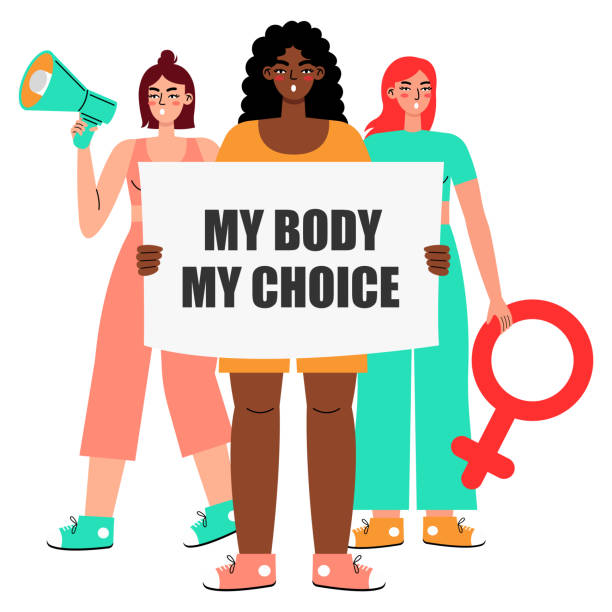Abortion
 The challenge is how to bring forward an important conversation about women’s reproductive health and health in general into alignment with the other two key principles embedded in this week’s Torah portion, Mishpatim, Laws, Exodus 21:1-24:18.
The challenge is how to bring forward an important conversation about women’s reproductive health and health in general into alignment with the other two key principles embedded in this week’s Torah portion, Mishpatim, Laws, Exodus 21:1-24:18.
To save a life is to save a world is key belief, but in our tradition the life of the mother takes precedence to that of the unborn child. As we are observe Repro Shabbat, or rather Reproductive Shabbat, this Shabbat. Our text comes to teach us that the life of the unborn fetus is not equal to the life of the mother. Many subsequent Jewish scholars and rabbis continue this conversation, which has become live and central once more. Our tradition teaches that the life of the mother takes precedence over that of the unborn child, particularly during the early stages of pregnancy.
וְכִֽי־יִנָּצ֣וּ אֲנָשִׁ֗ים וְנָ֨גְפ֜וּ אִשָּׁ֤ה הָרָה֙ וְיָצְא֣וּ יְלָדֶ֔יהָ וְלֹ֥א יִהְיֶ֖ה אָס֑וֹן עָנ֣וֹשׁ יֵעָנֵ֗שׁ כַּֽאֲשֶׁ֨ר יָשִׁ֤ית עָלָיו֙ בַּ֣עַל הָֽאִשָּׁ֔ה וְנָתַ֖ן בִּפְלִלִֽים׃
When [two or more] parties fight, and one of them pushes a pregnant woman and a miscarriage results, but no other damage ensues, the one responsible shall be fined according as the woman’s husband may exact, the payment to be based on reckoning.
The conversation about women’s health and reproductive rights pulls me back into the Torah portion and the repetition of two very important parts of our collective story. We are told again and again “Do not mistreat or oppress the stranger, for you were strangers in Egypt” (Exodus 22:21) and "Do not oppress a stranger, you yourselves know how it feels to be foreigners, because you were foreigners in Egypt” (23:9). This is a way of telling us that our story matters, not just to ourselves, but to those around us who are being othered. And it is through this remembering of our story, that we develop empathy for others.
Nehama Leibowitz points out, “because you have been oppressed you may be more tempted to lord it over someone else when you finally have power”. Hence, we are taught the importance to recall our own experience and internalize it and use it as a way of reaching out to those who have been othered. To be a woman today, particularly a poor woman, a woman of color will mean in most places in the United States that your prenatal care will be less than stellar.
Cecille Richards, the former head of Planned Parenthood, has been diagnosed with an aggressive form of brain cancer. Despite her diagnosis, she is engaged in helping create healthcare access for women. Our voices are needed in this fight as we support one another across the country in receiving the health care that is crucial. We all know that when a doctor is afraid to practice medicine for fear of incarceration we are at a point where our voices need to be heard loud and clear.
Via the National Council for Jewish Women: OUR MUSTS
- With Abortion Rights Under Threat, Repro Shabbat Brings a Jewish Lens to Reproductive Freedom | Hey Alma
- Repro Shabbat is in Hey Alma! Check out what folks across the country, including some incredible Rabbis for Repro, have to say about Repro Shabbat!
- A New Set of Rituals for Abortion and Pregnancy Loss | Lilith Magazine
- NCJW’s inaugural Rabbinic Fellow Naima Hirsch Gelman writes in Lilith Magazine about the newly released ritual guide for abortion and miscarriage loss, which un/surprisingly has little precedent.
- 9 Questions We Should Be Asking States With Abortion Access
- Often you may hear advocates exclaim “Yes, our state has abortion access,” and while that may be true for the moment, there are plenty of policies that states could improve, even in places where it is legal and protected. The legal protection of abortion does not equal access to abortion care for those who need it. Here are a few questions that “safe” abortion states might want to ask themselves.
- SisterSong Public Service Announcement
- Powerful Black women leaders of the Reproductive Justice movement speak out against criminalization of abortion.
We must heed their call.
